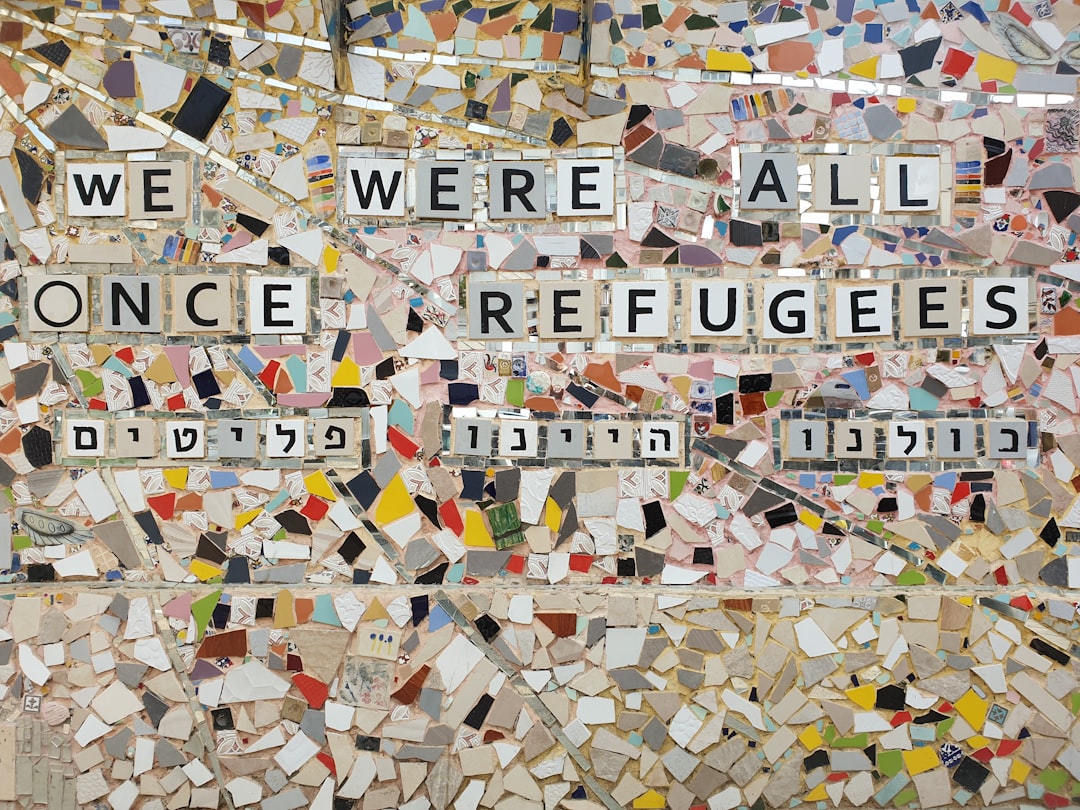What is it about?
In post-1945 Tanganyika, a pan-ethnic and cosmopolitan music genre known as "muziki wa dansi" (roughly translated as 'urban jazz') became a contested terrain. The more socially settled generation disapproved of this music and related dances, which they considered as 'immoral'; most of them criticised dansi admirers as undermining their authority and well-established social norms as well as religious injunctions. On the other hand, younger and self-consciously modern individuals used dansi as a tool for appropriating the ‘means of modernity’ and as a key leisure pursuit. In this article I analyse the conflicting positions over this music genre through excerpts from the Swahili press and through oral sources.
Featured Image
Why is it important?
Based on the Swahili press and on interviews conducted in Dar es Salaam, Tanga, Mwanza and Morogoro between 2004 and 2009, this article reflects on "muziki wa dansi" (dansi or "urban jazz") as a contested terrain in urban Tanganyika, shedding new light on generational, gender and class tensions which arose over the popularisation of dansi. The article was the first recipient of the newly inaugurated 'Vilakazi Prize': a panel of five members of the editorial board of the journal 'African Studies' chose it as the best article published by an emerging scholar in 2011. It was defined as ‘nuanced’, ‘path-breaking’, using ‘a wide range of research techniques’, covering ‘an impressive range of topics’, and ‘making a significant contribution to the issue of leisure in Africa.’
Read the Original
This page is a summary of: Making the Modern: Contestations overMuziki wa Dansiin Tanganyika, ca. 1945–1961, African Studies, December 2011, Taylor & Francis,
DOI: 10.1080/00020184.2011.628800.
You can read the full text:
Contributors
The following have contributed to this page










